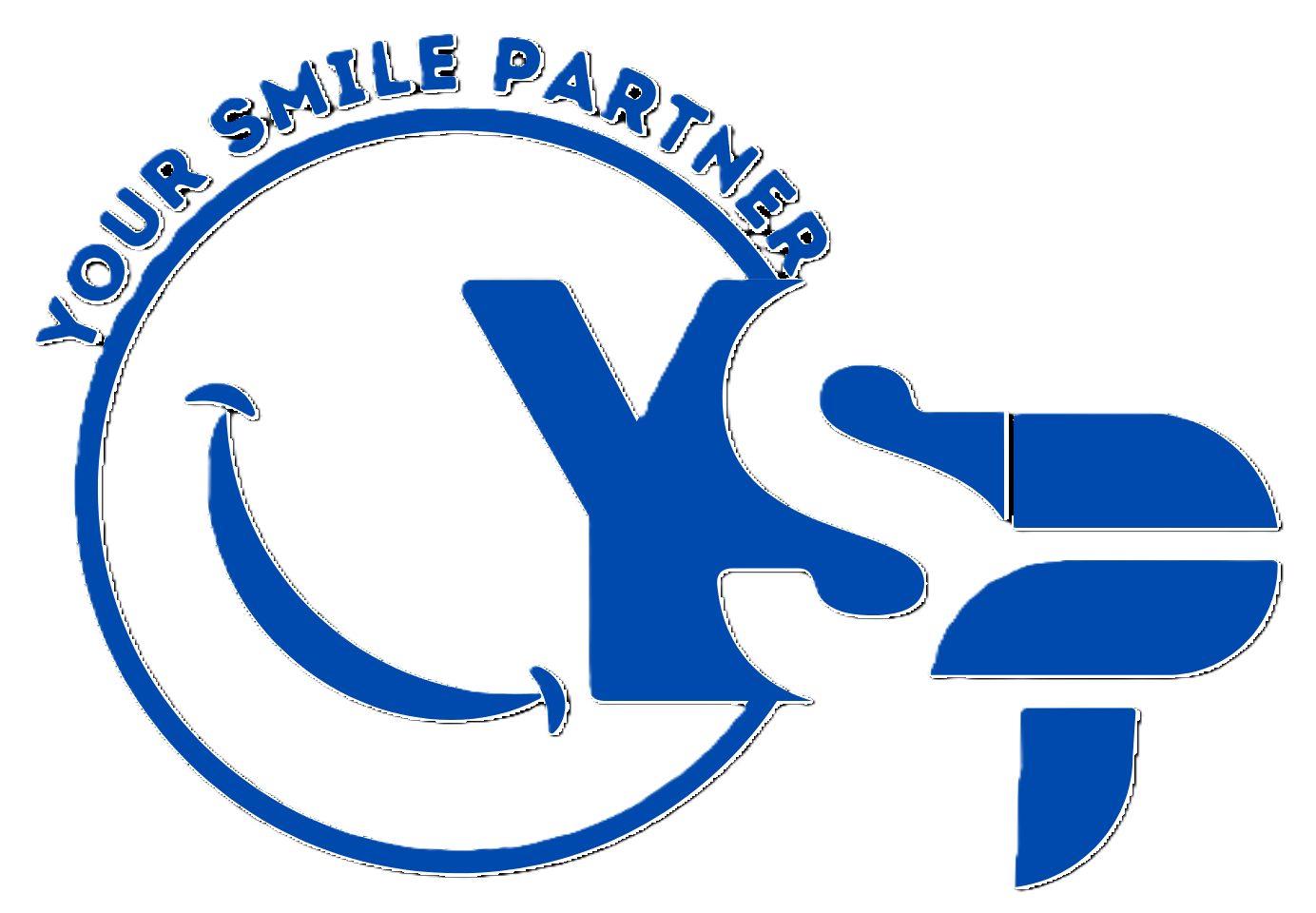Our Services
Snoring devices
Snoring devices, also known as anti-snoring devices or snore aids, are medical devices designed to reduce or eliminate snoring during sleep. Snoring is caused by the vibration of tissues in the throat when the airway becomes partially blocked during sleep. Snoring devices work by either keeping the airway open or repositioning the jaw or tongue to prevent the tissues from vibrating.
Here are some common types of snoring devices:
01.
Mandibular Advancement Devices (MADs)
MADs are oral devices worn in the mouth during sleep. They work by advancing the lower jaw slightly forward, which helps to keep the airway open and reduce snoring. MADs are custom-made by dentists or can be purchased over-the-counter (boil-and-bite MADs).
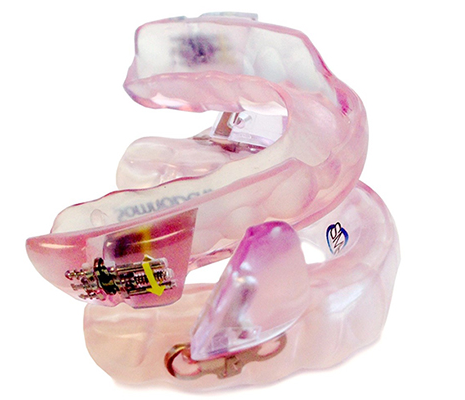
02.
Tongue Retaining Devices (TRDs)
TRDs are oral devices that hold the tongue in a forward position to prevent it from blocking the airway and causing snoring. They can be effective for individuals whose snoring is primarily caused by the tongue obstructing the throat.
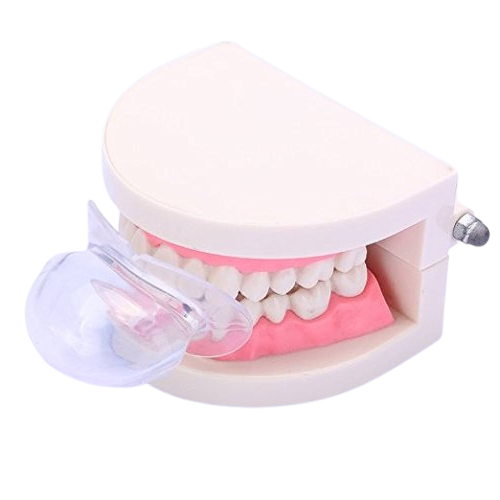
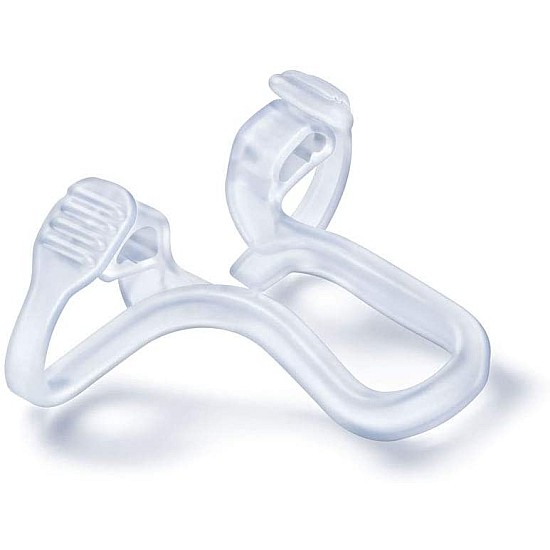
03.
Nasal Dilators
Nasal dilators are small devices that are inserted into the nostrils to help keep the nasal passages open. They can be in the form of adhesive strips, nasal clips, or external nasal dilators. Nasal dilators are particularly helpful for individuals with nasal congestion or structural issues that contribute to snoring.
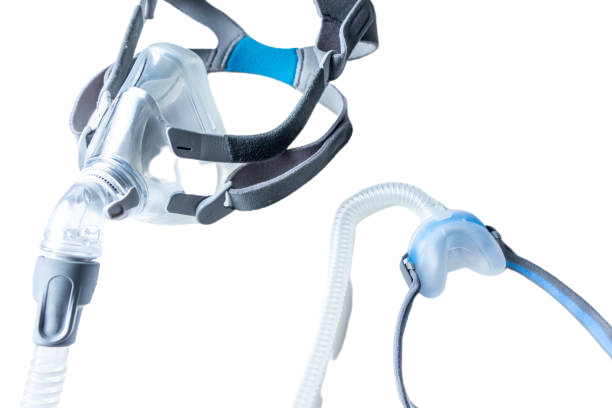
04.
Continuous Positive Airway Pressure (CPAP) Machines
CPAP machines are the most common treatment for obstructive sleep apnea, a condition often associated with severe snoring. The CPAP machine delivers a continuous flow of air through a mask, which helps keep the airway open during sleep.
05.
Positional Therapy Devices
Positional therapy devices are designed to prevent individuals from sleeping in positions that promote snoring. These devices can include special pillows, shirts, or bands that encourage side sleeping or elevate the head during sleep.
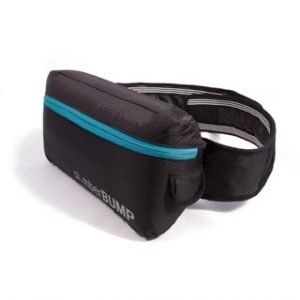
06.
Oral Nasal Masks
Oral nasal masks combine features of MADs and CPAP masks. They cover the nose and mouth and use a built-in mouthpiece to position the jaw forward, keeping the airway open.
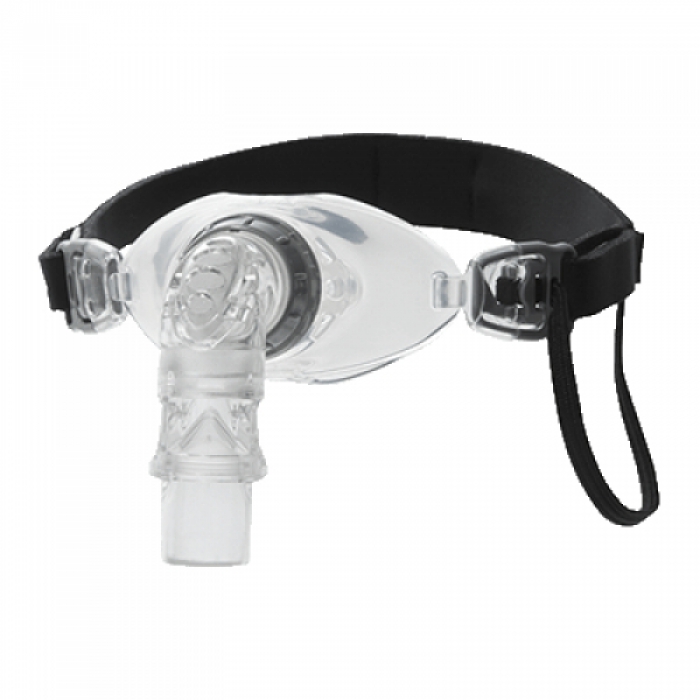
It’s important to note that while snoring devices can be effective for some individuals, they may not work for everyone. The effectiveness of a snoring device depends on the underlying cause of snoring and the individual’s specific anatomical and physiological factors.
Before using any snoring device, it’s advisable to consult with a healthcare professional, sleep specialist, or dentist to determine the underlying cause of snoring and find the most appropriate treatment or device for the individual’s needs. Additionally, regular follow-ups and adjustments may be necessary to optimize the effectiveness and comfort of the snoring device.
